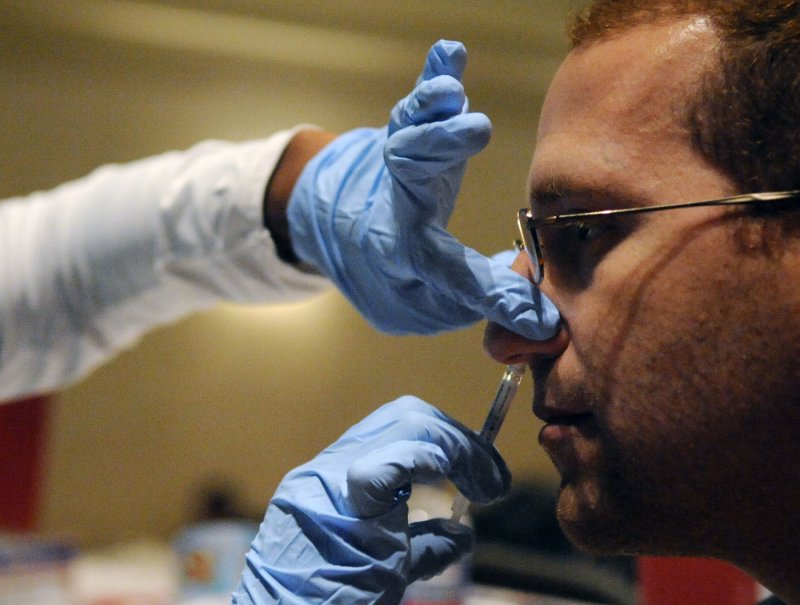STANFORD, Calif., Dec. 26 (UPI) -- U.S. researchers suggest male testosterone levels may partially explain why men often have weaker responses to vaccines than women.
Mark M. Davis of the Stanford University School of Medicine and an investigator with the Howard Hughes Medical Institute and colleagues identified a link between certain genes affected by testosterone and antibody responses to an influenza vaccine.















